On his way to Jerusalem, Jesus' shared three prophecies about being rejected, crucified, and raised from the dead (Mark 8:31; 9:30-32; 10:33-34). The Lord's words mystified his disciples. These men who were supposed to know him best were confused and upset with Jesus' statements about rejection and crucifixion. They were so troubled, each time their Lord spoke them, they said and did something the opposite of Jesus' example of servant leadership (Mark 8:32-33; 9:33-34; 10:35-41). Their actions revealed their lack of understanding of the kind of Messiah Jesus came to be. He wasn't behaving in the way they wanted their Messiah to act. He had power, but wouldn't use it for himself. He had status, but wouldn't claim it. He had heaven's approval, but wouldn't force recognition of his reign on anyone.
Jesus was the upside down Messiah.
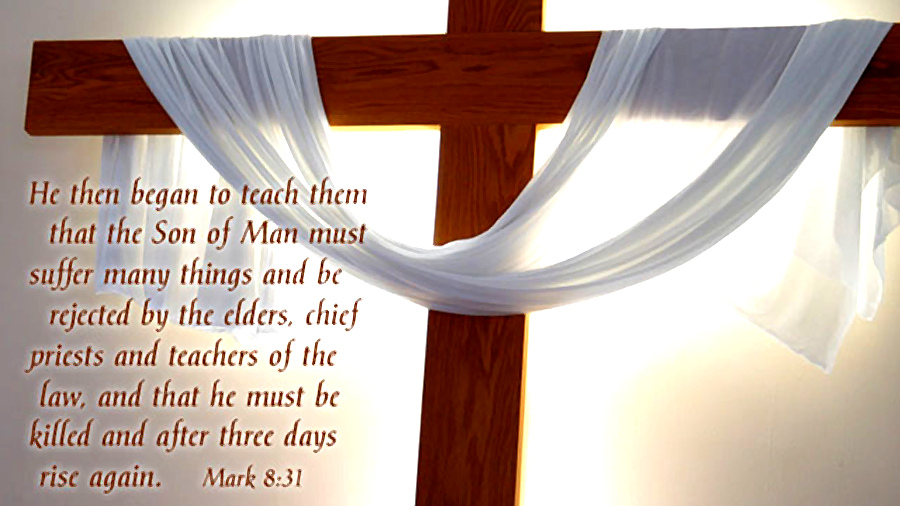
In the realm where Jesus reigns, the last one is first, the least one is the greatest and the lost one is found. Servants and little children are heroes. The greatest in his kingdom are not the ones who have the most money or the most religious influence; instead, they are the ones who receive his kingdom as a child (Mark 9:41-42; 10:13-23). The culmination of Jesus' messages on discipleship and his kind of Messiahship resulted in these simple, but powerful and status-reversing, words that sum up the Lord's purpose:
[Jesus said,] For even the Son of Man did not come to be served, but to serve, and to give his life as a ransom for many" (Mark 10:45).
James Nored talks about this upside down Messiah in today's video:
|
|
|
If you can't see the video, and you sure don't want to miss it, view it online. For additional ideas to consider and some things to discuss with others, we encourage you to see the Study Guide. |
What are we to make of our upside down Messiah?
We are called to adopt his values!
We must seek his kingdom and receive it as a humble child. We must learn to recognize that status, power, authority, and position do not confer upon a man or a woman any status in God's kingdom. Only a person whose life reflects the values taught and lived by Jesus can be part of his kingdom.
Essential.
Few churches ever had as close a relationship to the apostle Paul as the church in Philippi. That church began with Jewish women who provided a place for the new church to meet and a place for the missionary team to live (Acts 16:11-15, 40). It soon grew to include the family of the Philippian jailer (Acts 16:16-34). Along the way, two women, Euodia and Syntyche, had helped lead a large number of the disciples there to Christ (Philippians 4:2-3). Unfortunately, these two women got into such a problematic disagreement, that their dispute was threatening the vitality of the entire congregation. Paul had to address the problem publicly and solicit the help of a trusted brother in Philippi to help (Philippians 4:2-3). The crucial part of Paul's approach to addressing this problem, however, was his call to the believers in Philippi to be of "one mind" (Philippians 2:2; 4:2) by having the mind of the upside down Messiah:
In your relationships with one another, have the same mindset as Christ Jesus:Who, being in very nature God,(Philippians 2:5-11)
did not consider equality with God something to be used to his own advantage;
rather, he made himself nothingby taking the very nature of a servant,
being made in human likeness.
And being found in appearance as a man,
he humbled himselfby becoming obedient to death —
even death on a cross!Therefore God exalted him to the highest place
and gave him the name that is above every name,
that at the name of Jesus every knee should bow,
in heaven and on earth and under the earth,
and every tongue acknowledge that Jesus Christ is Lord,
to the glory of God the Father.
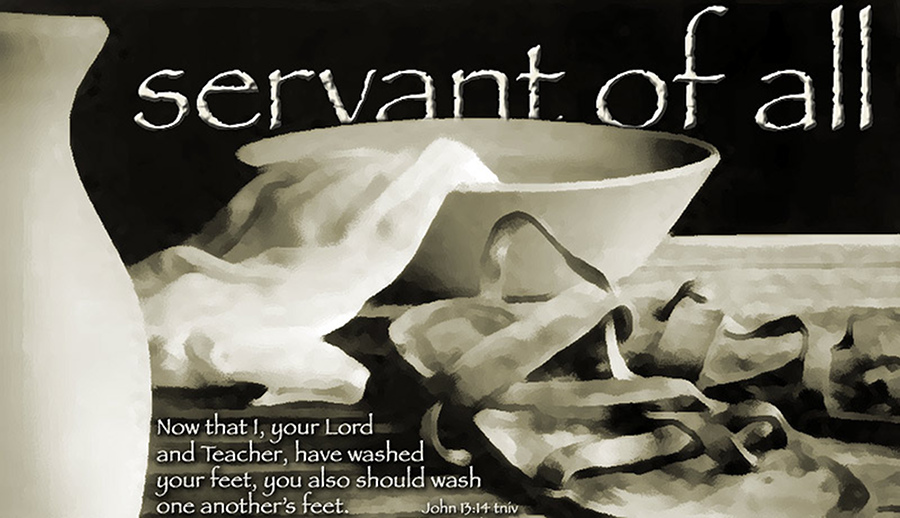
Our upside down Messiah established an upside down kingdom. Our Lord reminds us still today that the greatest among us will not be the person with the largest number of Instagram followers, the highest number of Facebook likes, or the most enamored Twitterheads. The greatest in Jesus' kingdom today won't be the person with the most religious degrees, best spiritual pedigree, or most wanted at our conventions. That greatest in Jesus' upside down kingdom was, is, and always willing to serve others like Jesus has served them.
As much as we don't want to admit it, we often miss the way of the upside down Messiah as badly as his first disciples. We can, however, change that. We can value the least, the last, and the lost like our Savior. We can see the heart of a kingdom-seeker in the humility and innocence of children we are called to value. We will likely find these servants not at the head of the table but at the feet of those in need of grace. My, that would certainly change things in our world, wouldn't it!
So, let's "have the same mindset as Christ Jesus" and live our lives "not to be served, but to serve"!
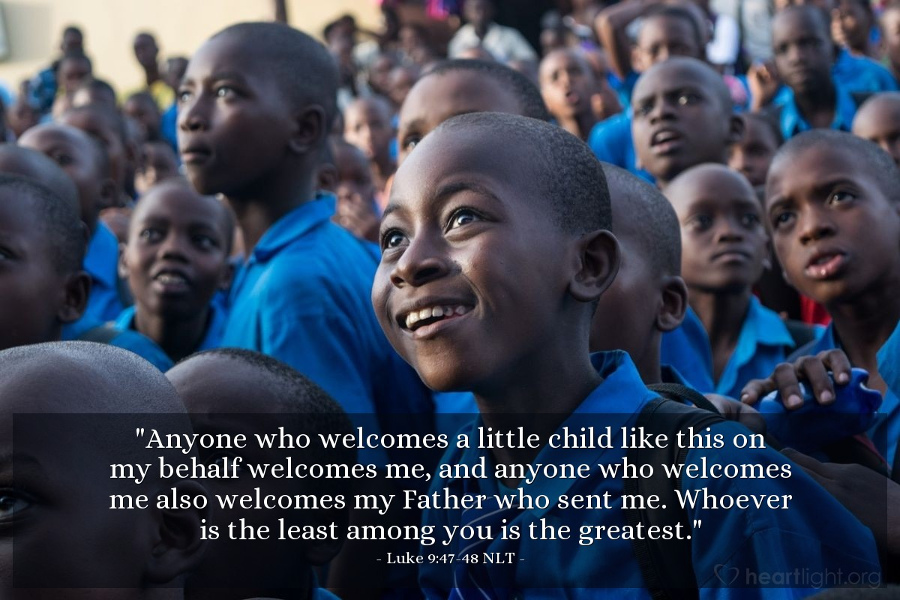
Special thanks for the use of images related to Jesus' ministry from The Lumo Project and Free Bible Images for use on this week's post.



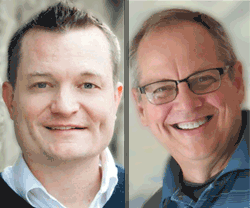



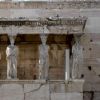


Reader Comments
Archived Facebook Comments